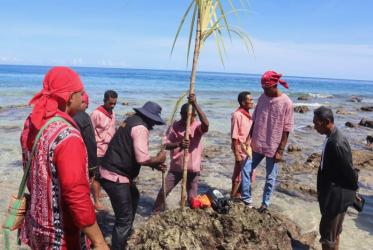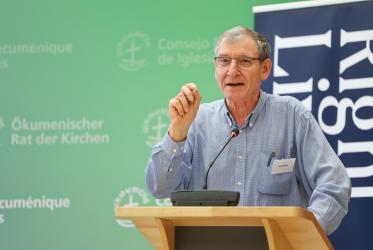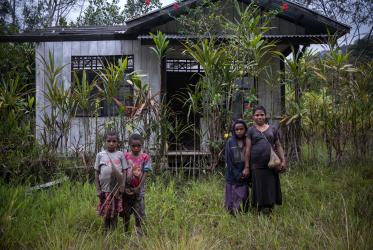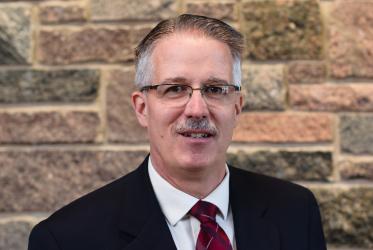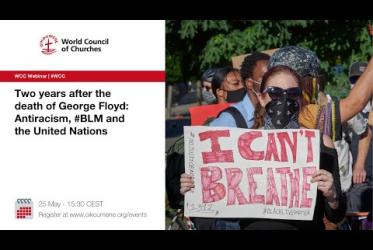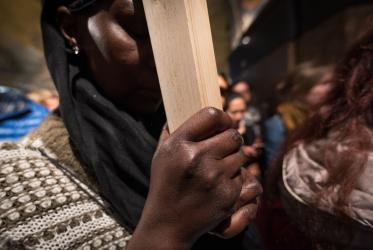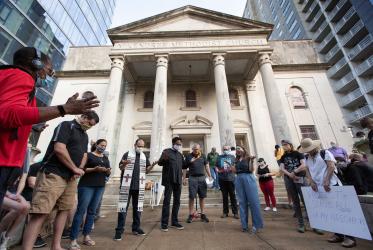Displaying 1 - 20 of 36
Ukraine: Responding to humanitarian need
08 September 2022
Unity is key when health crisis poses new challenges in Asia
28 February 2022
How do churches address racism, really?
15 February 2022
Wrestling with the racial pandemic
15 February 2022
WCC video interview describes human rights crisis in West Papua
13 January 2022

